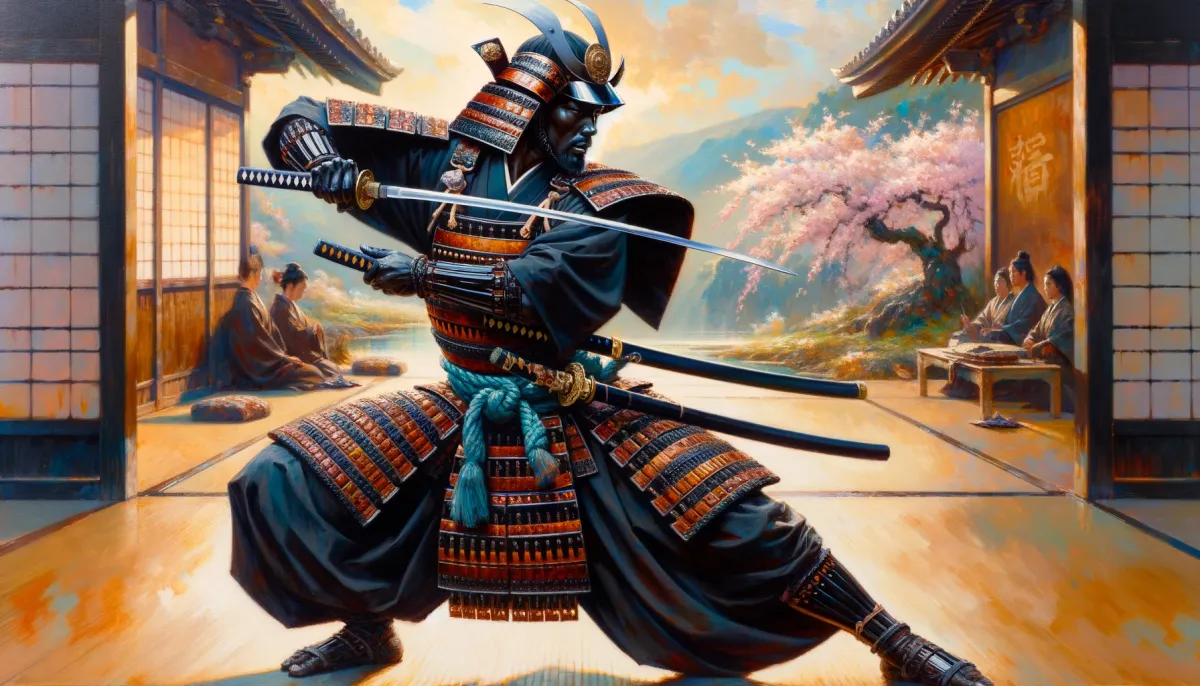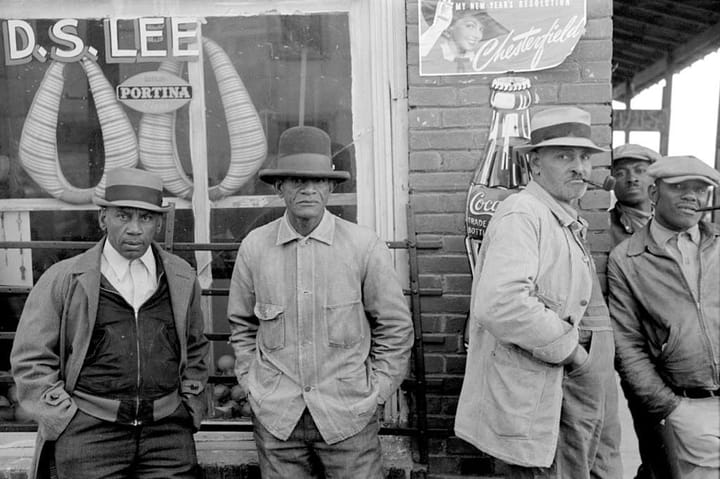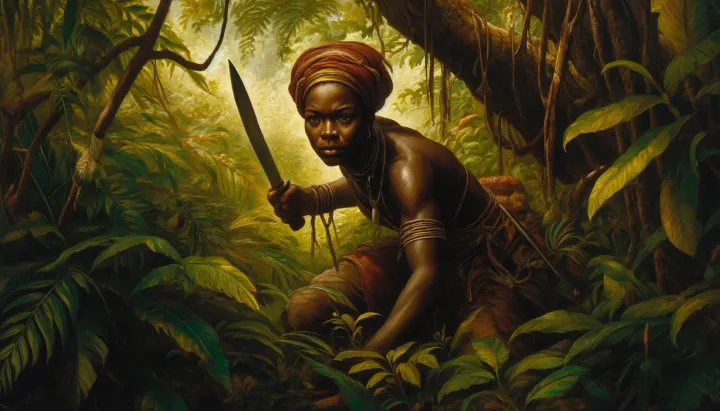Yasuke, Japan's First recorded Black Samurai
One of the greatest Samurai's in Japanese history was a Black Man !

Yasuke, the first recorded Black samurai, is a fascinating historical figure who lived during Japan's Sengoku period in the late 16th century. His story highlights the cultural intersections and unexpected alliances that characterized this tumultuous era. Yasuke's journey from Africa to becoming a trusted samurai under the powerful warlord Oda Nobunaga showcases his remarkable adaptability and resilience. Despite limited documentation about his early life, Yasuke's legacy continues to captivate historians and the public alike. His life is a testament to the surprising and rich cultural exchanges that existed during that time.
Yasuke likely originated from Mozambique, Ethiopia, or Nigeria, and his early life remains largely undocumented. He arrived in Japan in 1579 as a bodyguard to Alessandro Valignano, an Italian Jesuit missionary. Japan was in the midst of civil war, and Yasuke's impressive stature and strength soon caught the attention of Oda Nobunaga. Nobunaga, intrigued by Yasuke's appearance, welcomed him into his service. Yasuke quickly adapted to his new environment, learning Japanese and training in martial arts to become a formidable warrior.
As a samurai, Yasuke served Nobunaga during the latter's campaign to unify Japan. His presence was significant not only because of his African heritage but also due to his close proximity to Nobunaga, who trusted him deeply. Yasuke was one of the few who stood by Nobunaga during the Honnoji Incident in 1582 when Nobunaga was betrayed by his general, Akechi Mitsuhide. In the face of overwhelming odds, Yasuke demonstrated loyalty and bravery, ultimately protecting Nobunaga's remains from dishonor. His actions during this critical moment in Japanese history underscore his importance and valor.
Voice of the Ancestors is a reader-supported publication. To receive new posts and support my work, consider becoming a free or paid subscriber.
Yasuke's life after Nobunaga's death remains shrouded in mystery. Some accounts suggest he was captured and spared by Mitsuhide, possibly to gain favor with the Jesuit missionaries. Despite the uncertainty surrounding his fate, Yasuke's legacy as a pioneering figure in Japanese history endures. His unique story has inspired various cultural depictions, including books, video games, and a Netflix anime series. These portrayals celebrate Yasuke's extraordinary journey and his contributions to Japanese history, ensuring his story remains alive in popular culture.
In contemporary culture, Yasuke's story resonates as a symbol of resilience and cross-cultural integration. His role as a samurai in feudal Japan challenges conventional narratives about race and identity during that period. The continued interest in Yasuke's life underscores the importance of recognizing and honoring diverse historical figures who have shaped our global heritage. Yasuke's legacy as the first Black samurai is a testament to his remarkable life and the enduring impact of his story on both history and modern media. Through various adaptations, Yasuke's legacy continues to inspire and educate future generations.
Text within this block will maintain its original spacing when published Voice of the Ancestors Book series






Comments ()